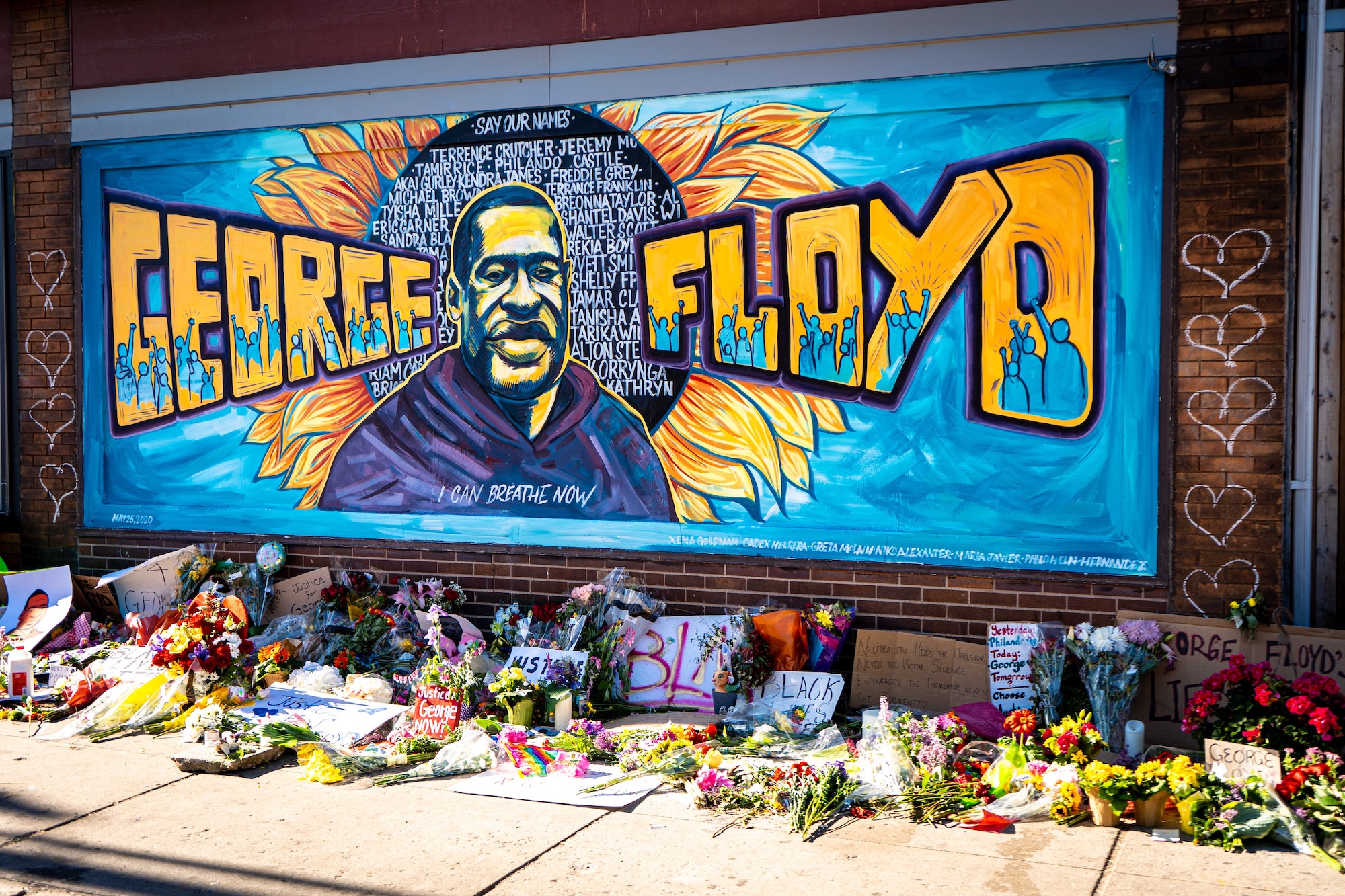A time for action
A message from Dean Amy Fairchild

Dear Public Health Community,
We have heard for many weeks now that “We are all in this together.” Yet as I have listened to the helicopters over downtown Columbus and the Short North, it is easy to feel further from that reality than ever before.
I was on the faculty at Columbia University when Eric Garner died from a New York City police officer’s chokehold on Staten Island. Many other Black men, women, and youth have died because of stubborn structural racism and discrimination in the years since Garner’s 2014 death. Those deaths rightfully propelled the Black Lives Matter movement, and yet we see that little seems to change. Now George Floyd is dead, under circumstances that are abhorrently familiar.
Public health has always asked — and must continue to demand answers to — the question “What must be done to make sure that, truly, we are all in this together?”
We could, at this moment, despair. At a time in which a pandemic has brought this nation almost to its knees, the horrifying death of another Black man while in police custody is a bitter reminder of the blight of inequity, discrimination, and racism on the soul of this nation.
It is time to be candid: We are not all in this together. We have not been “in this together” for 400 years. But we should be. We can be. We must be. We must stand with each other, behind each other, and up for each other. We must continue to not just ask what it will take for us, truly, to be all in this together but to find and demand answers.
We must recognize that racism is a public health crisis. We must rise above despair and take action.
That does not mean that we shout each other down, that we abide violence.
Instead, we must contribute to conditions meant to ease dialogue, justice, and reconciliation. We must enter into the public conversation. We must speak the language of community, of civic unity, of changing the rules of the game for all.
There has never been a moment in which it is more important to not only speak up, but to listen carefully. Protests are an indicator of people and problems too long silenced. But listening with care can never be mistaken as a call for delay.
Only by listening now and acting swiftly can we continue to do the work of community, without yielding, without weakening, without losing our commitment to the mission of jointly stewarding our shared future.
Please stay tuned for more information about the College of Public Health’s ongoing commitment to furthering this conversation and engaging in the kind of work that will move our nation beyond the unacceptable place in which we find ourselves today.
With enormous sadness but abiding hope,
Amy
About The Ohio State University College of Public Health
The Ohio State University College of Public Health is a leader in educating students, creating new knowledge through research, and improving the livelihoods and well-being of people in Ohio and beyond. The College's divisions include biostatistics, environmental health sciences, epidemiology, health behavior and health promotion, and health services management and policy. It is ranked 22nd among all colleges and programs of public health in the nation, and first in Ohio, by U.S. News and World Report. Its specialty programs are also considered among the best in the country. The MHA program is ranked 5th and the health policy and management specialty is ranked 21st.